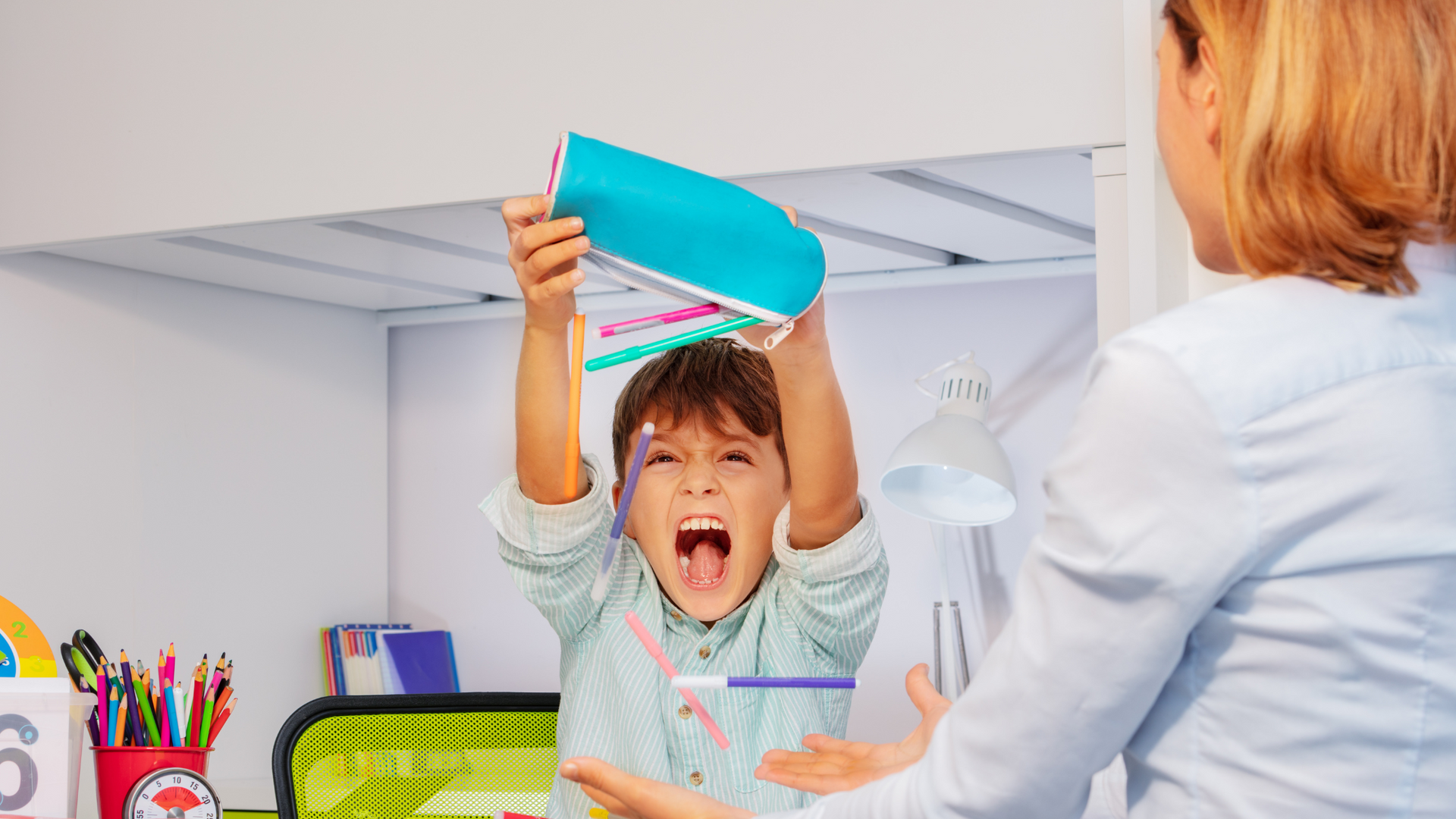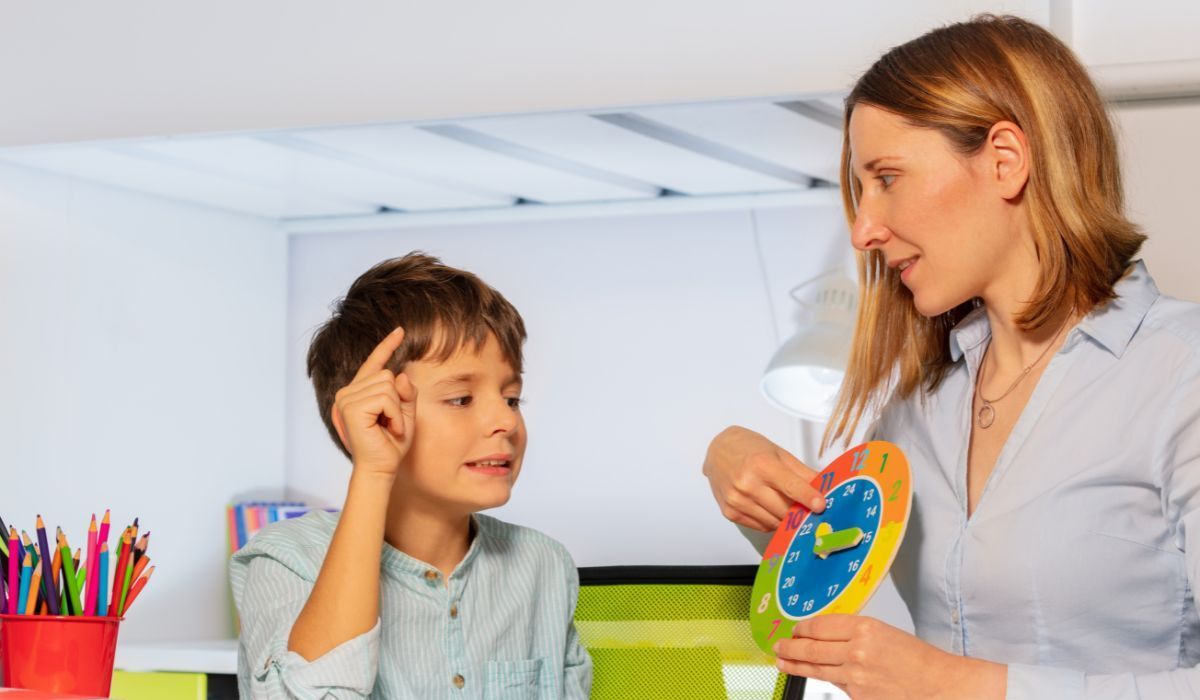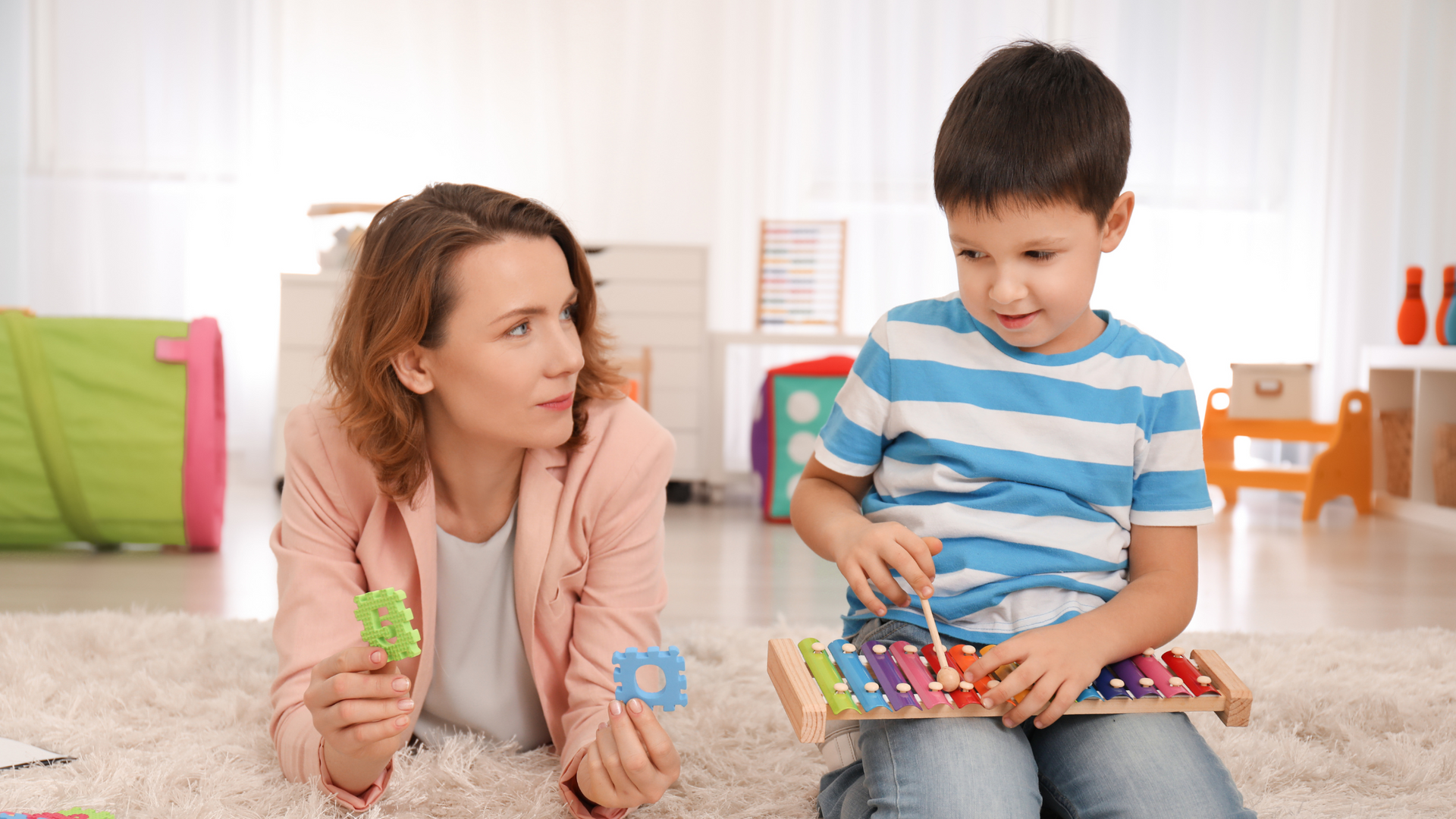How ABA Therapy Prepares Kids for Playdates and Group Activities

For many families with children on the autism spectrum, playdates and group activities can feel overwhelming or even out of reach. Questions like “Will my child know how to share?”, “What if they don’t respond to their peers?”, or “Will they enjoy the experience?” often weigh heavily on parents. At Able Minds ABA, we understand these concerns deeply, and we’re here to help. With the right guidance and support, your child can grow more confident and comfortable in social settings — and ABA autism therapy is one of the most powerful tools to make that happen.
Understanding the Social Challenges Children with Autism Face
Children diagnosed with autism often experience challenges in social interaction, communication, and flexible thinking. These areas are crucial when it comes to participating in shared activities with peers — like playing a board game, taking turns on a swing, or working together in a group setting.
In typical developmental paths, social behaviors evolve naturally. But for children on the spectrum, these behaviors often need to be explicitly taught, modeled, and reinforced. That’s where ABA autism therapy shines.
What Is ABA Autism Therapy?
Applied Behavior Analysis (ABA) is a therapeutic approach grounded in behavioral science. It focuses on understanding how behaviors work, how they're influenced by the environment, and how learning occurs. At Able Minds ABA, we customize therapy plans based on your child’s unique needs — and one of our key goals is to help kids develop the social skills needed to succeed in real-world settings like group activities and playdates.
When families search for ABA autism therapy in Maryland, they’re often looking for a supportive, in-home experience that feels tailored — not cookie-cutter. That’s exactly what we offer. Our trained therapists work directly with your child in environments where they’re most comfortable, often in their own homes, which allows us to develop trust and work on real-life skills in a familiar setting.
How ABA Therapy Helps Children Prepare for Playdates
1. Teaching Foundational Social Skills
At the heart of every playdate or group activity is the ability to connect with others.
This includes:
- Eye contact
- Initiating greetings
- Listening and responding to peers
- Asking and answering questions
- Turn-taking and sharing
Using techniques like modeling, prompting, and positive reinforcement, ABA therapists teach these skills one step at a time. For example, if a child struggles to initiate play, a therapist might use role-play games where the child practices walking up to someone and saying, “Do you want to play?” Over time, and with consistent practice, this behavior becomes more natural and spontaneous.
2. Building Emotional Regulation
Group settings come with lots of emotions — excitement, frustration, anticipation. ABA therapy helps children recognize and manage their feelings through tools like visual supports, calming strategies, and functional communication training.
At Able Minds ABA, we also work closely with parents to build consistency between therapy sessions and everyday life. This way, children learn to apply self-regulation strategies during actual playdates or school interactions.
3. Encouraging Peer Interactions
Many children with autism need support to engage with peers in a meaningful way. Whether it’s knowing how to ask to join a game or understanding when someone needs space, these skills require guidance.
Through
natural environment teaching (NET) — a key ABA approach — we replicate real-life scenarios so your child can practice these skills with our therapists before trying them with peers. We also recommend structured group play opportunities where these interactions can be gently guided and reinforced.
4. Reducing Challenging Behaviors
Children may act out during social situations because they’re unsure of what’s expected of them or because they’re unable to communicate their needs. ABA therapy focuses on identifying the reasons behind behaviors and teaching more appropriate alternatives.
For example, if your child tends to push others to get a toy, we’ll teach them how to request the toy with words or gestures instead.
Replacing challenging behaviors with effective communication is a central focus of ABA autism therapy, especially when preparing for social experiences.
Making Group Activities a Positive Experience
At Able Minds ABA, we don’t just teach children
what to do — we also focus on
why and
how. We know that kids on the spectrum can thrive socially when given the right tools and practice.
Some of the skills we work on specifically for group settings include:
- Participating in circle time or group lessons
- Understanding group instructions
- Waiting for a turn during a game
- Staying engaged during shared activities
- Being flexible when plans or routines change
We create customized programs that blend one-on-one instruction with opportunities for group exposure. This balanced approach helps children feel prepared and confident when transitioning into real-world social settings.
Real Progress, Real Results
Families who receive ABA autism therapy in Maryland through Able Minds ABA consistently report improvements in their child’s ability to engage with others. With each session, children build the social foundation needed for playdates, school participation, birthday parties, and more.
We measure success not just by behavior improvements, but by the smiles of kids who feel understood and supported — and by the peace of mind their parents gain knowing they’re not navigating this journey alone.
Tips for Parents: Supporting Playdates at Home
Here are some simple steps parents can take — with our guidance — to make playdates more successful:
- Start small: Begin with one familiar peer in a comfortable environment.
- Set expectations: Use visual schedules or simple social stories to explain what will happen during the playdate.
- Provide structure: Choose a few structured activities (like puzzles or building blocks) to guide the play.
- Encourage breaks: Offer quiet spaces if your child gets overwhelmed.
- Celebrate small wins: Praise effort, even if the interaction wasn’t perfect.
And most importantly, be patient. Progress may come in small steps, but those steps lead to big changes over time.
Why Choose Able Minds ABA?
If you're searching for ABA autism therapy in Maryland, you want a provider that’s compassionate, skilled, and completely focused on your child’s growth. At Able Minds ABA, we specialize in in-home ABA services tailored to each child’s developmental stage and family goals.
Our mission is to help children thrive in their natural environments — whether that's at home, on the playground, or in a classroom.
We believe every child deserves the opportunity to build friendships, participate in group activities, and experience the joy of connection.
Let us help your child take the next step. Together, we can prepare them not just for playdates, but for a lifetime of meaningful social engagement.
Conclusion
Helping children with autism navigate playdates and group activities isn’t just about teaching social skills — it’s about building confidence, emotional understanding, and meaningful connections. With the structured, evidence-based methods of ABA autism therapy, your child can learn how to engage with others in ways that are comfortable, appropriate, and rewarding.










